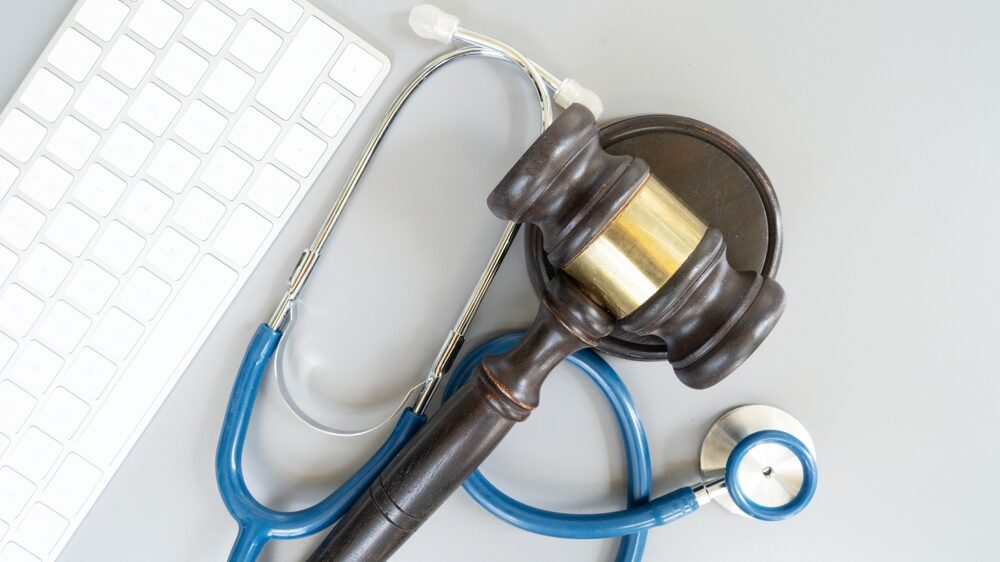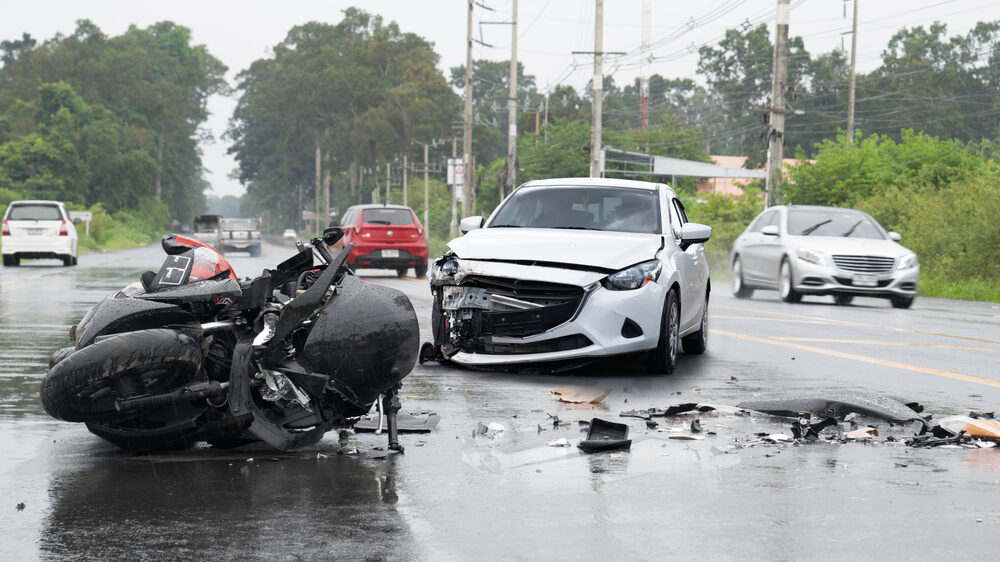Erie Cancer Misdiagnosis Story Depressingly Familiar
If a delay in cancer diagnosis has harmed your chances of recovery, call the Erie, Pennsylvania medical malpractice lawyers: 814-273-2010 / toll free 814-273-2010.
Earlier this week, I heard a remarkable story about a young man who may have saved his own life. Unfortunately, what made the story so remarkable was that he first was presented with an all-too-familiar response from his trusted Erie physicians, a response that, as an Erie medical mistake attorney, I have heard far too many times in far more tragic scenarios. Here is the story I was told.
The Reassuring Erie Doctors
The young man had developed a chronic sore on his tongue that had been there for more than a month. He had a regularly scheduled appointment with his dentist and asked the dentist about the sore. The dentist, who among other services held himself out as offering oral cancer screenings, told him that he should stop biting the sore and it would get better. The dentist offered no other concerns, nor did he suggest a biopsy.
The young man wasn’t satisfied with the response from the dentist. He had a deep suspicion that there was more going on. On his own initiative, he scheduled a consult with a local Erie ENT (ear, nose, and throat physician). The ENT was more concerned than the dentist. He told the young man that the sore warranted a “watchful waiting” approach. If it got worse or failed to heal, then they might consider other diagnostic measures.
At first, the young man was comforted. The sore didn’t concern the ENT enough to warrant a biopsy. That must be good. Perhaps it was just a sore. However, the more he thought about it, the more his discomfort grew. He just knew that there was something more to this sore. On his own, he found his way to a Cleveland physician who specialized in oral cancers.
The Cleveland Specialist
The Cleveland doctor took one brief look at the young man’s sore. He told the young man, “Listen, Jim (not his real name). We’re going to biopsy this sore, but I’m going to tell you right now that it is cancer. We are going to wait for the results of the biopsy before starting our treatment plan, but we aren’t going to wait to schedule the treatment. We’re going to get it scheduled right now before you leave today.”
Ultimately, the biopsy results confirmed that the young man had mouth cancer. Fortunately, it was identified early and his treatment promises to be both successful and minimally invasive. As with so many other cancers, early detection and prompt treatment are critical to successful management.
However, if the young man had done nothing (as his Erie dentist had suggested) or had engaged in watchful waiting (as his Erie ENT physician had suggested), then the outcome may have been tragically different.
What’s Wrong with Being a Reassuring Doctor?
Some people might wonder, “Why is this Pennsylvania medical malpractice lawyer taking the Erie doctors to task? After all, the sore might have just been a sore. Why get the young man scared and worked up over nothing? I mean, it turned out to be cancer, but that’s hindsight. At the time the Erie doctors saw it, they had every reason to believe that it was probably just a sore and that the chances of cancer were remote. I don’t think it’s right to blame a doctor just because the sore turned out to be the one case in a thousand that was cancerous.”
The problem with this thinking is that it misconstrues the rules that doctors are supposed to follow. Like every other occupation, they have rules that guide their approach to problem solving. Here is the rule that applies when making a diagnosis: When the circumstances suggest several possibilities and the most likely possibilities are largely benign but there is a remote possibility of an urgently dangerous condition, the doctor must first rule out the dangerous condition, even if it is very unlikely, before assuming that the problem is the more likely and less lethal one. This approach is known as “differential diagnosis.”
This approach to problem solving is different than the one you or I might take if we’re trying to figure out what’s wrong with our car. There are probable causes of that weird noise that are cheap to fix and then there are really unlikely causes that are both expensive to fix and that might cause the engine to fail catastrophically. Well, the risk of it being the remote cause is significant because I don’t want my engine to fail catastrophically, but, really, it wouldn’t literally be the end of my world. I would almost certainly go with the probabilities and try the inexpensive fix first. That would be a rational approach to car-repair diagnostics.
The rules of auto diagnostics, however, don’t transfer well to health care when a mistaken assumption means that someone may die or suffer life-altering consequences. In that scenario, I hope that my doctor (and yours) will follow the rules of differential diagnosis and rule out the urgently dangerous conditions first, even if it means I may be a little nervous or there may be more effort involved.
Is This a Medical Malpractice Case?
The natural question, for someone reading a Pennsylvania medical malpractice lawyer’s website is, “So, does the young man have a case for medical malpractice?” After all, at least two physicians were wrong about the sore and the circumstances certainly suggest that they should have been more careful about treating it as a potentially lethal condition.
Fortunately, though, the answer to the question is, “No. The young man does not have a viable case for malpractice.” Why not? Well, Pennsylvania medical malpractice cases aren’t designed to punish or correct mistakes. Instead, the purpose of a Pennsylvania medical mistake case is to provide compensation to people who have been seriously harmed by a health care provider’s negligence. In the case of the young man with oral cancer, he was fortunately not harmed because there was no significant delay and his cancer was caught early.
Lessons to Be Learned
Even though this story turned out to be one that is not about a legal case, it still is one from which we can learn important lessons about being a patient and about malpractice. First, you must be your own advocate. If you doubt that your physician is taking your symptoms seriously, seek a second opinion. Sometimes, you may even want a third opinion.
Second, consider seeing a specialist. What your dentist may see as an abrasion and what your ENT may see as something that might be nothing, a specialist may quickly diagnose it as a condition that requires immediate treatment.
Third, recognize that our health care professionals are not supposed to simply assume that the probable is the actual. Frankly, if we are going to simply assume that our health conditions are always whatever is probable, then we could diagnose ourselves with a Google search.
Contact a Pennsylvania Cancer Misdiagnosis Attorney
The Erie cancer misdiagnosis lawyers at Purchase, George & Murphey, P.C. have the knowledge and experience necessary to accurately assess and thoroughly prepare your medical malpractice case. You may be entitled to compensation and we’d like to help you. Contact us today for a free evaluation of your case at 814-273-2010 or toll free at 814-273-2010, or use our online form.












